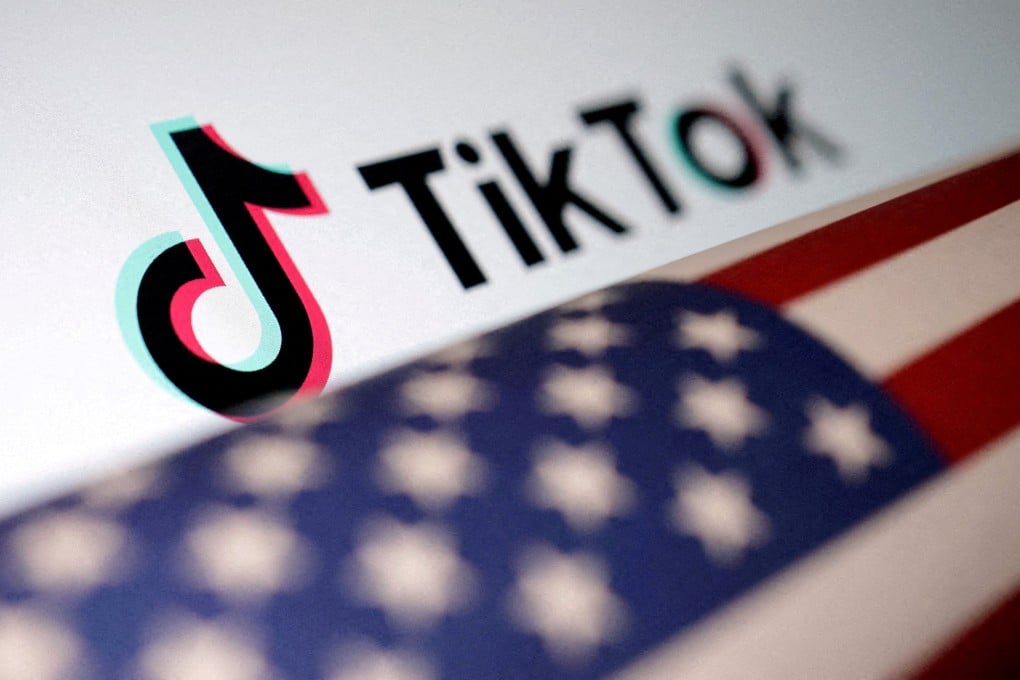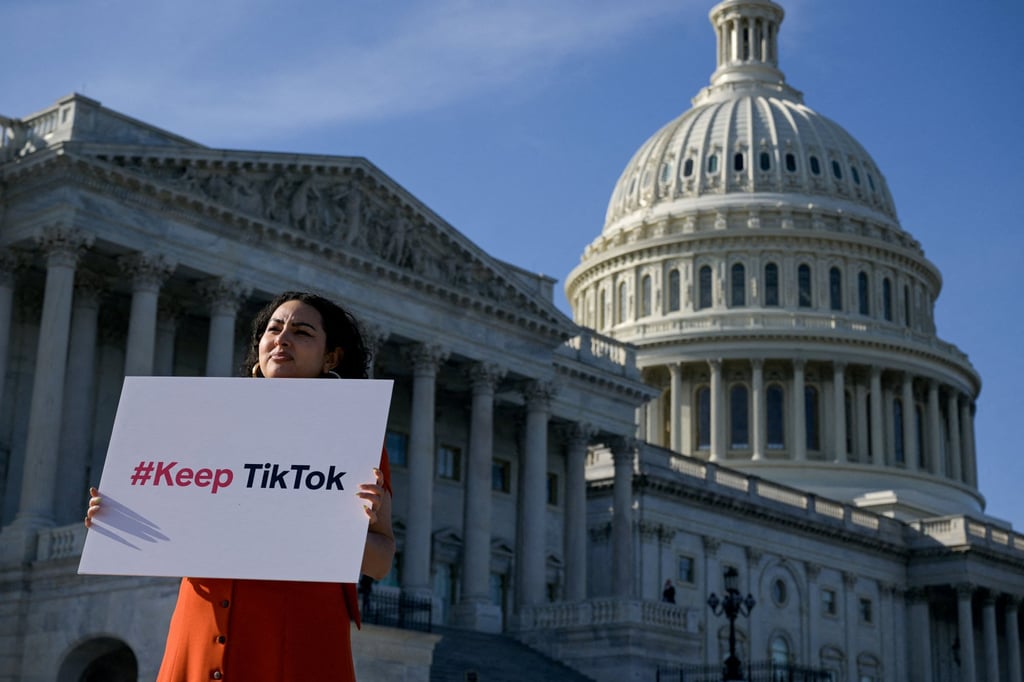TikTok challenges US ban by pointing to lawmakers’ secrecy, lack of evidence
- TikTok owner ByteDance says a ban would infringe of free speech rights of 170 million users, but courts may defer to lawmakers on national security questions

US lawmakers raced to pass a TikTok ban following a series of briefings that remain classified. Now, the app’s Chinese owner is seizing on that secrecy in its high-stakes bid to overturn the new law.
Calling the risks cited by lawmakers “hypothetical”, ByteDance said in its initial filing last month “those speculative concerns fall far short of what is required when First Amendment rights are at stake”. The case could make its way to the Supreme Court, which has traditionally favoured free-speech arguments.

US Senator Richard Blumenthal disputed the company’s contention, saying the burden of proof falls to TikTok. “They’re asking to invalidate an act of Congress, acts of Congress are presumed valid,” Blumenthal, a former US attorney, said in an interview.
